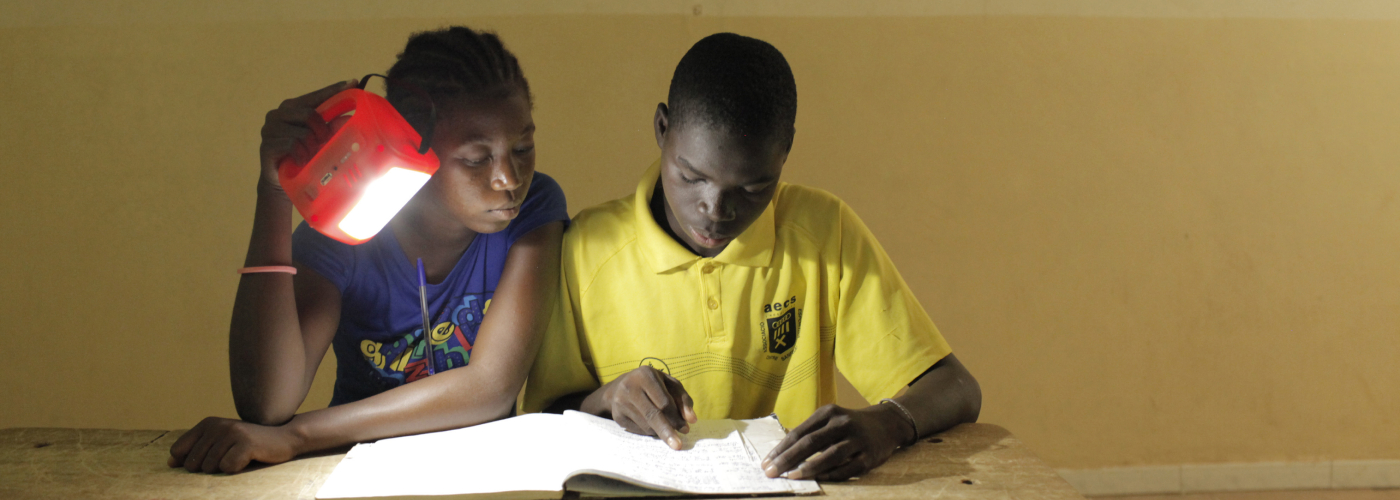In South Asia, women play a significant and dominant role within the household cooking sector. Generally women do most of the cooking and, therefore, are disproportionately affected by household air pollution (HAP) caused by the inefficient burning of solid biomass cooking fuels. They are also required to spend a significant amount of time and effort collecting the traditionally used biomass fuels, a physically draining task that can take up to 20 or more hours per week.
The governments of India, Nepal, and Bangladesh have recognized that the burning of solid biomass fuels in household kitchens is a significant environmental and health problem in their respective countries and
that women can play a key role in efficiently and effectively overcoming this problem. The Global Alliance for Clean Cookstoves (GACC, also referred to as the “Alliance”) has also recognized the central role that
women play in meeting its sector-wide target of 100 million households adopting clean and efficient cookstoves and fuels by 2020; and that achieving this goal is dependent on the full inclusion of women
throughout the entire value chain (GACC n.d.). This research was commissioned by the Alliance to help build a body of evidence around gender, economic empowerment, and livelihoods in the improved
cookstove (ICS) and fuel sectors within South Asia.
This study aims to analyze the gender impacts of clean cooking solutions on households that have adopted them, as well as women’s current and potential involvement in ICS market systems in each of the three
South Asian countries. This study focuses primarily on improved biomass cookstoves, but also analyzes the use of other cooking solutions, including kerosene and liquefied petroleum gas (LPG). Efforts have
been made to generate recommendations on women’s involvement in ICS market chains that can effectively reach the “last mile” households in South Asia. To this aim, surveys were administered in 613
households in Karnataka, Himachal Pradesh, and Odisha states in India using household survey tools. In addition, focus group discussions (FGDs) were carried out in in 33 locations with 547 people, as well as
key informant interviews and semi-structured interviews with 52 people in the 3 locations in India. Detailed literature reviews and key informant surveys were carried out in Nepal and Bangladesh, and workshops
were carried out in 5 locations in 3 countries to elicit additional input from relevant local stakeholders.







